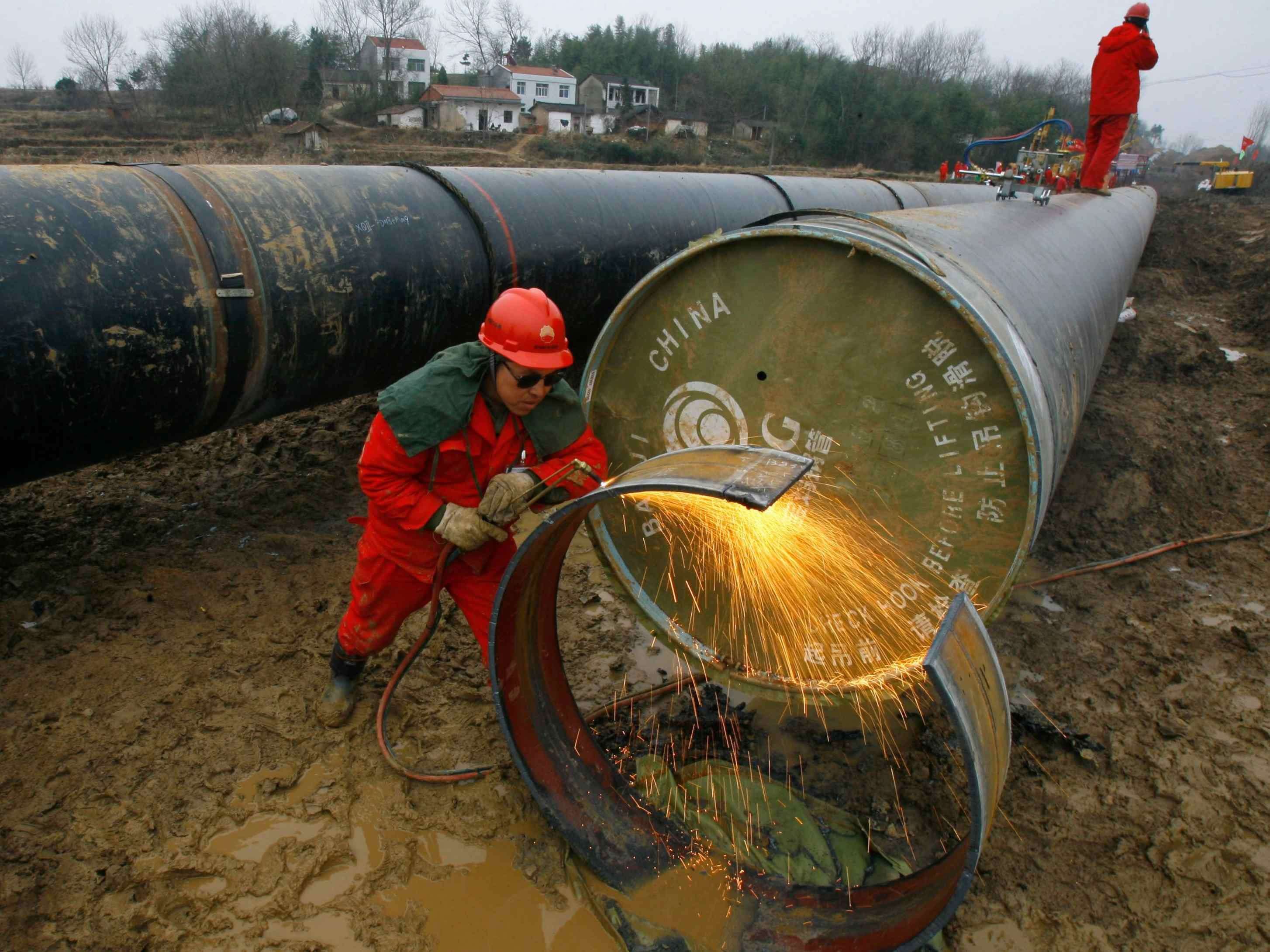
Business
13:35, 15-Jan-2018
China SOE reform set to accelerate
CGTN

The annual meeting of the central enterprises with the local heads of the State-owned Assets Supervision and Administration Commission (SASAC) was held on Jan. 15 in Beijing.
Reforms of state-owned enterprises (SOEs) will go increase in 2018 as the Chinese government expects them to play a bigger role in leading excess capacity cuts, keeping the debt ratio under control and driving high-quality economic development.
China's major state-owned enterprises have completed their corporate system reform in 2017, according to the SASAC of the State Council.
In 2017, all the 69 centrally-controlled enterprises have their reform plans approved and business registration finished. And more than 2,500 subsidiaries of those enterprises have also finished the reform.
Thanks to reform measures, China's state firms have posted better performance, with profit growth of central SOEs at the fastest pace in nearly five years.
Combined SOE profits rose 23.5 percent year-on-year to 2.6 trillion yuan (around 395.6 billion US dollars) for the last January-November period, according to the Ministry of Finance.
SOEs in steel, non-ferrous metal, coal, oil and petrochemical sectors posted huge surges in profit, but power generation firms suffered significant declines.

/Reuters Photo.
/Reuters Photo.
China has thousands of SOEs, but many of them didn’t perform well due to lack of competition. Overcapacity, poor corporate governance, and low labor productivity dragged down profits of China's SOEs, which deteriorated in 2015.
The government is trying to spur those companies through a series of reforms, moving toward mixed ownership and market-oriented management. China launched a series of reforms including changing the share-holding structure, spinning off non-core assets and calling for more innovation.
At the 19th National Congress of the Communist Party of China (CPC), the Chinese leadership pledged to further reforms to make SOEs "stronger, better and bigger," and turn them into "world-class, globally competitive firms."
(With input from Xinhua)

SITEMAP
Copyright © 2018 CGTN. Beijing ICP prepared NO.16065310-3
Copyright © 2018 CGTN. Beijing ICP prepared NO.16065310-3